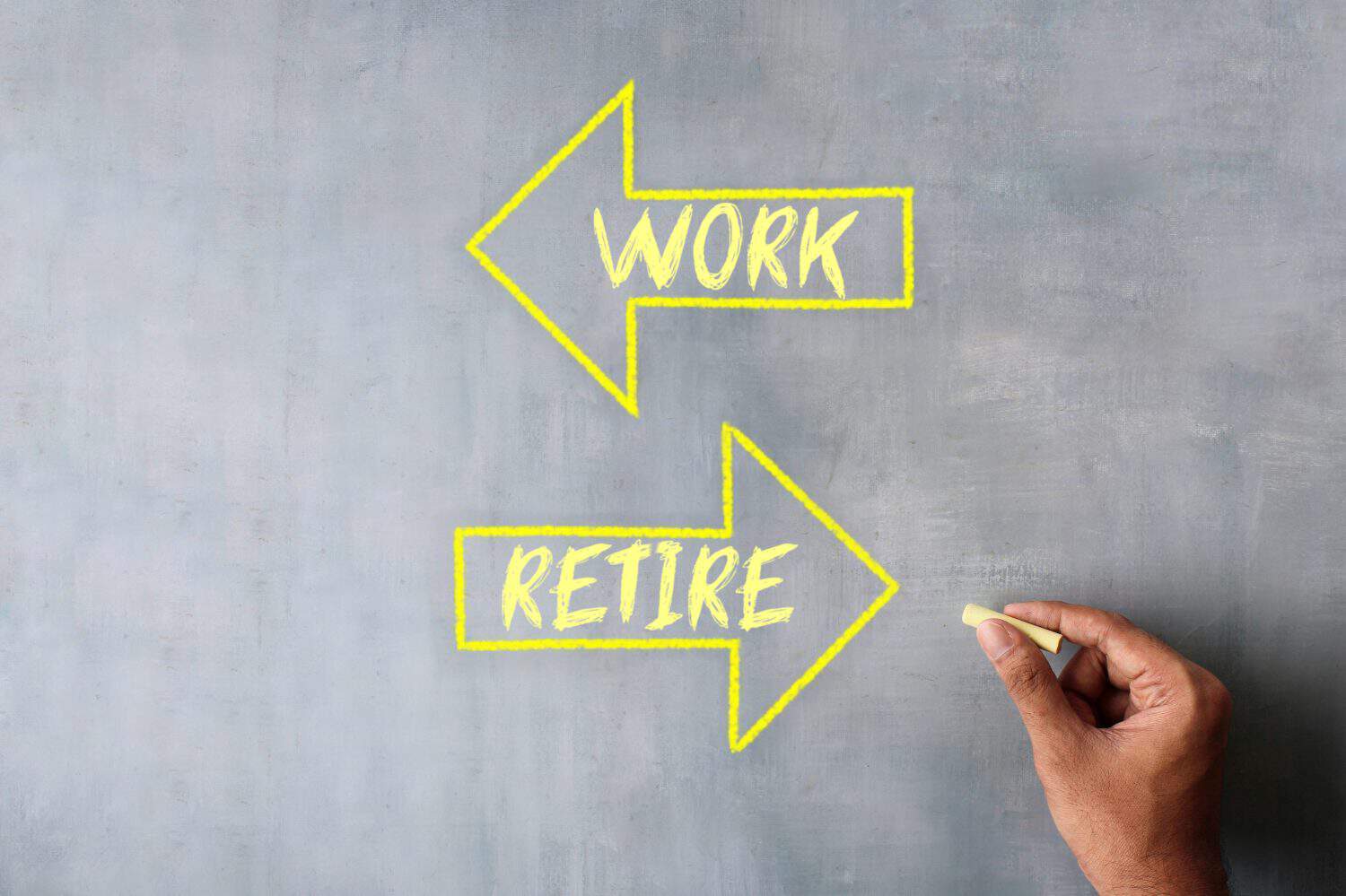Personal Finance
Are You Setting Yourself Up for a Smaller Social Security Benefit? Here's How to Find Out

Published:

Key Points from 24/7 Wall St.
The average Social Security recipient today gets about $1,924 per month. Considering that many older Americans live on Social Security alone, that’s not a very robust income.
If you’re having trouble saving for retirement, you may be hoping for the largest Social Security check possible once you’re ready to take benefits. But if your Social Security benefits end up smaller than expected, it could really throw your retirement finances for a loop.
Let’s take a look at the factors that go into calculating your Social Security benefit so you know whether actions on your part might lead to a smaller monthly retirement check.
Social Security isn’t a stimulus check, where you get the same amount as the person who lives next door. The amount of money Social Security pays you each month depends on your specific income history. And the more you earn (at least up to a certain point), the larger a Social Security check you can expect.
Of the various factors that go into calculating Social Security benefits, your income may be the toughest thing to control. Sure, you could do your best to fight for better wages and boost your skills to land higher-paying jobs. But to some degree, you can only do so much to change the amount of money you earn.
If you’re a social worker, you’re not going to bring home the same paycheck as a corporate lawyer. So in that case, you may want to focus on the other factors that go into calculating Social Security benefits.

Social Security calculates your monthly benefit based on the amount of money you earn during your 35 highest-paid years on the job. And rest assured that earlier wages are adjusted for inflation.
But what this means is that if you don’t have a 35-year work history, your monthly benefits get whittled down. And the shorter your work history is, the smaller your checks are apt to be in retirement.
What can you do about this? It’s simple — aim to get as close to a 35-year work history as possible.
If you’re 65 and are gearing up to retire but you only have 34 years of income under your belt due to a career break, work one more year. If you only have a 33-year income history by 65, work two more years.
Even if you can’t continue working full-time, know that part-time earnings are better than nothing. Similarly, if your job is stressful and you can’t keep at it, you’re better off working that extra year or two at a less intense job for a lower salary than not working any longer at all from a Social Security perspective.
The age you file for Social Security at will also play a role in the monthly checks you receive. If you wait until full retirement age (FRA), which is 67 for anyone born in 1960 or beyond, you get your full monthly benefit based on your work history. If you sign up before FRA, your benefits get reduced.
The earliest age to claim Social Security is 62. If you sign up at that point, you could be looking at a 30% reduction to your monthly checks with an FRA of 67.
There’s also the option to delay your Social Security claim beyond FRA. Doing so boosts your monthly checks by 8% per year you wait, up until you turn 70.
You may not be able to control the amount of money your employer pays you each year. But you may have more control over how long you continue to work and how long you’re able to wait before you start collecting your Social Security benefits.
Retirement planning doesn’t have to feel overwhelming. The key is finding expert guidance—and SmartAsset’s simple quiz makes it easier than ever for you to connect with a vetted financial advisor.
Here’s how it works:
Why wait? Start building the retirement you’ve always dreamed of. Click here to get started today!
Thank you for reading! Have some feedback for us?
Contact the 24/7 Wall St. editorial team.